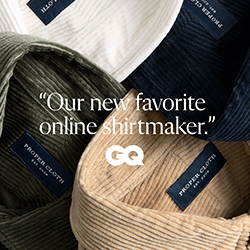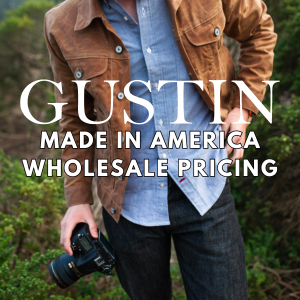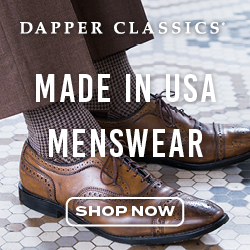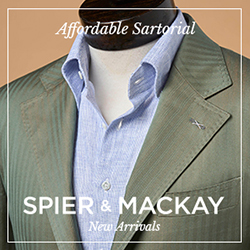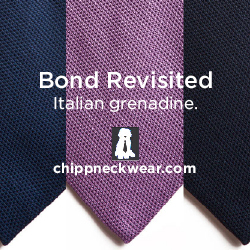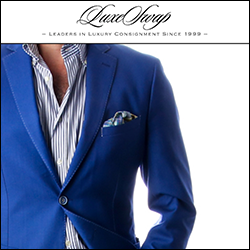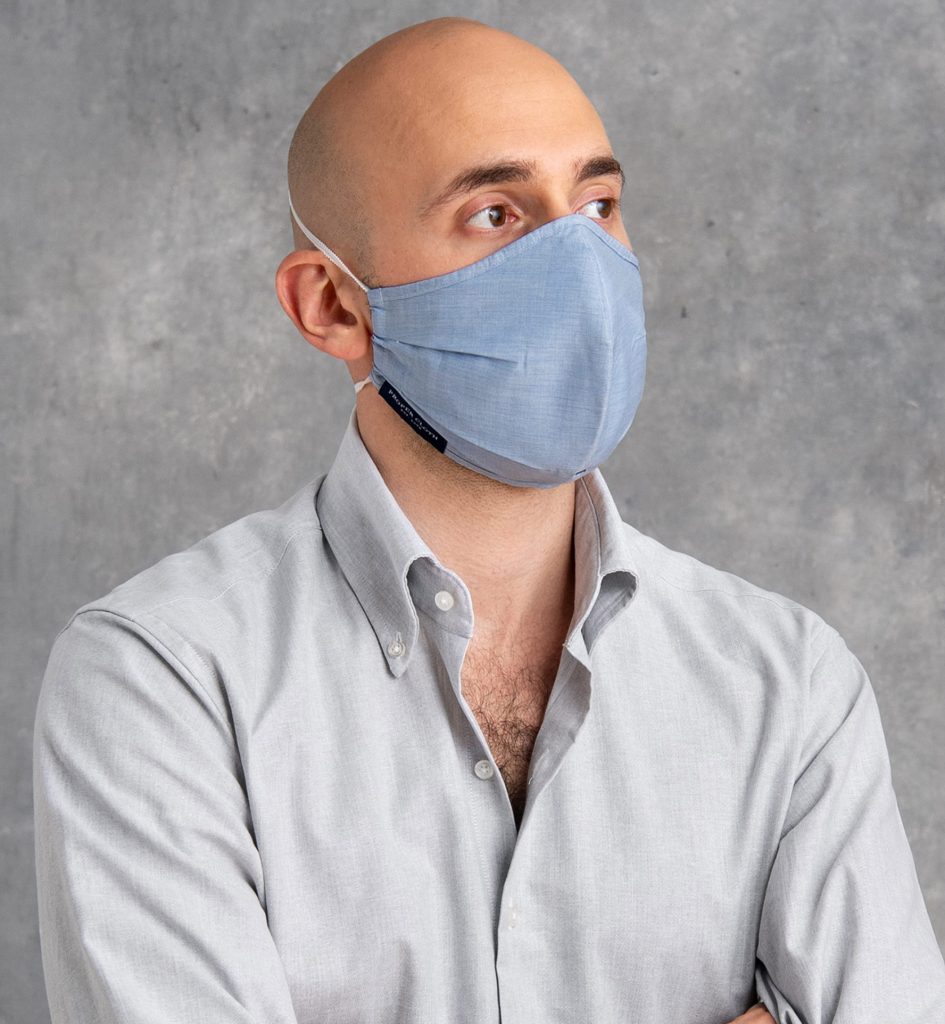
More than ever, we’re thankful for having sponsors who stick by us. It’s thanks to their support that we’re able to bring you content every day. So, twice a month, we like to give them a special shoutout. Doing so allows us to recognize them for their support and update readers on our sponsors’ latest happenings.
For the last few weeks, the team at Proper Cloth has been busy designing a better face mask. Since the CDC began recommending that all Americans wear a protective mask when they go out in public, hundreds of companies have retooled their business to go into facial mask production. Most, however, follow some simple templates and use on-hand materials.
Proper Cloth’s mask is unique. On a basic level, it’s bigger. The sides cover almost your entire cheek, and the bottom wraps under your chin. Additionally, the company put a moldable metal nose bridge at the top, which you can use to press the masks more securely against your face. Together, these two features help close the gaps on the sides and top of the mask, which other designs leave open. Proper Cloth even offers their masks in two sizes — large and small — so they fit a broader range of face shapes.
Most importantly, Proper Cloth’s masks are made from three layers of material. The shell is constructed from smooth, pure cotton that’s treated with an antimicrobial finish. Between those two layers is a non-woven, state-of-the-art polypropylene filter. This material has a higher filtration capacity than standard cotton fabrics, which makes these masks more protective. In lab tests, they’ve been certified to filter more than 85% of particles sized 0.3 microns. Proper Cloth’s masks are a little more expensive at $25 each (or 3 for $50, 10 for $150, and 60 for $800). However, they’re washable and reusable. The company recommends handwashing them with soap and letting them air dry.
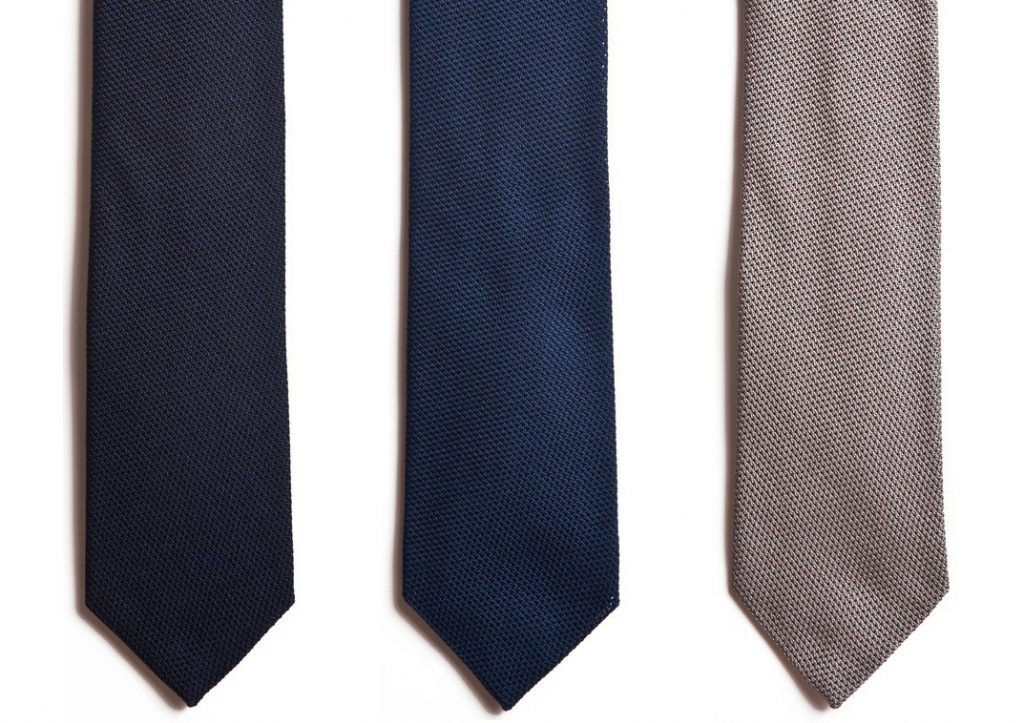
Long-time readers know Chipp supplies the most affordable grenadine neckties. They source their silks from the same Italian mills as top-end brands, but their ties start at a much more affordable $45 (grenadines are $60 and, like everything Chipp sells, are made in New York City). Paul Winston, the shop’s owner, tells me he can’t imagine charging much more because he remembers what neckties used to cost fifty years ago, back when his family’s business dressed men such as President John F. Kennedy, Andy Warhol, and Joe DiMaggio.
If you’re looking for your first grenadine, consider three colors: black, some sort of dark blue, and silver. Black can look severe in certain contexts, which is why it’s often not recommended for suits or socks, but the color manages to be neutral for grenadines and knit ties. You can wear a black grenadine with navy suits, tobacco linen suits, and brown tweeds. Dark blue, either in the shade matching your navy suits or one shade lighter, is equally versatile (a dark blue tie can also be an excellent way to visually anchor a light-colored sport coat, which could otherwise float away from you). Lastly, silver grenadines are for guys who only wear ties on special occasions — weddings, fancy parties, and other formal gatherings. Silver ties look less like office-clothes than their dark blue counterparts, and the textured grenadine weave here keeps these from looking cheap and shiny.
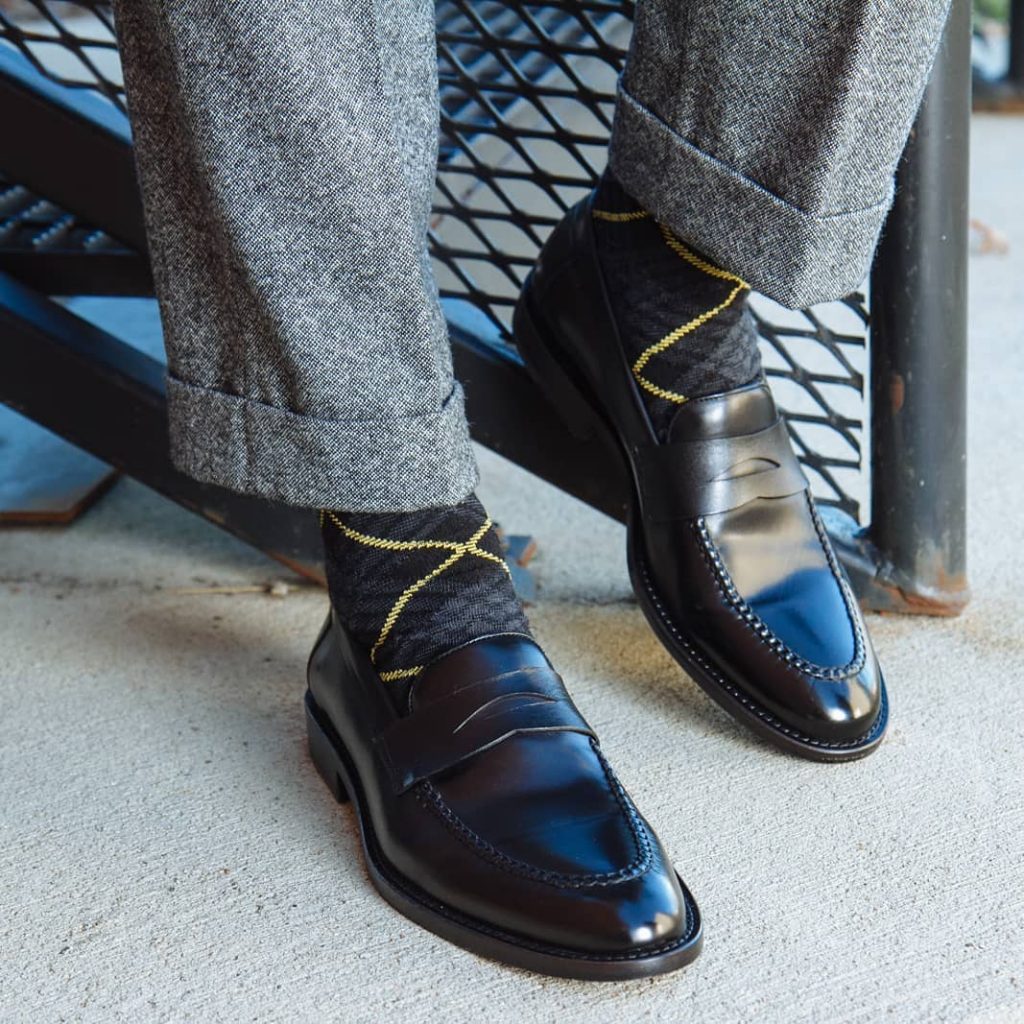
Last month, Sendhil Mullainathan penned an op-ed for The New York Times, titled “We All Need Small Businesses; Don’t Let Them Die.” The article was about how his mother owned and operated a small video store in California. Having seen first-hand the role that small enterprise played in his family and community, Mullainathan stressed that such operations aren’t just critical to our economy, but also the character of our nation. “By the time the coronavirus crisis is over,” he wrote, “we might emerge from our homes only to find some of our favorite shops, gyms, and restaurants permanently shuttered.”
Dapper Classics is one of those small, family-owned enterprises. They’re not just passionate about the clothes and accessories they sell, but also made-in-America manufacturing. When Fred and Harrison Rich started the business in 2012, they invested in a third-generation North Carolina mill that helped them realize their dream of making fashionable, American-made socks for men. In 2014, when they began offering high-quality trousers and ties, they went to two different New York factories. The following year, when they added tailored shirts to their line, they had those manufactured in Pennsylvania. Even as many companies have offshored their operations, Dapper Classics has always made as much as they can in the USA.
If you share that passion for small businesses and American manufacturing, consider where you’re spending your money these days. More than ever, small businesses need support.

Rowing Blazers just received the third shipment of their facial masks, which are available now online. The brand is grateful for and humbled by all of the support and excitement surrounding the past two facial mask collections they’ve launched online. These masks are made in New York City’s Garment District using leftover scraps of blazer, suiting, and shirt fabric. They come in a range of colorful, preppy patterns and materials, such as Gordon tartan, Italian corduroy, Japanese oxford, and various rugby stripes.
Rowing Blazers has undertaken other efforts to upcycle scraps of unused fabric in the past — using small pieces of “wastage” that would typically be thrown away after a production run to produce its American-made “End-of-the-Day” rugby shirt program. “I’ve always been a big advocate of using the leftover scraps of fabric from anything we make,” says Rowing Blazers founder Jack Carlson. “As someone who came into this industry from a completely different world (sport and academia), I was horrified to see how much waste the industry produces. So as soon as we had the green light to start making masks, I knew exactly what we were going to do.”
The company will continue to donate one mask to the NYC Food Bank for every mask they sell. They’re also continuing to donate 10% of all sales they make site-wide to Direct Relief. You can find the new delivery of their masks on their website. (Note, along with the masks, they also have some new baseball caps, which can come in handy if you, like me, really need a haircut these days.)
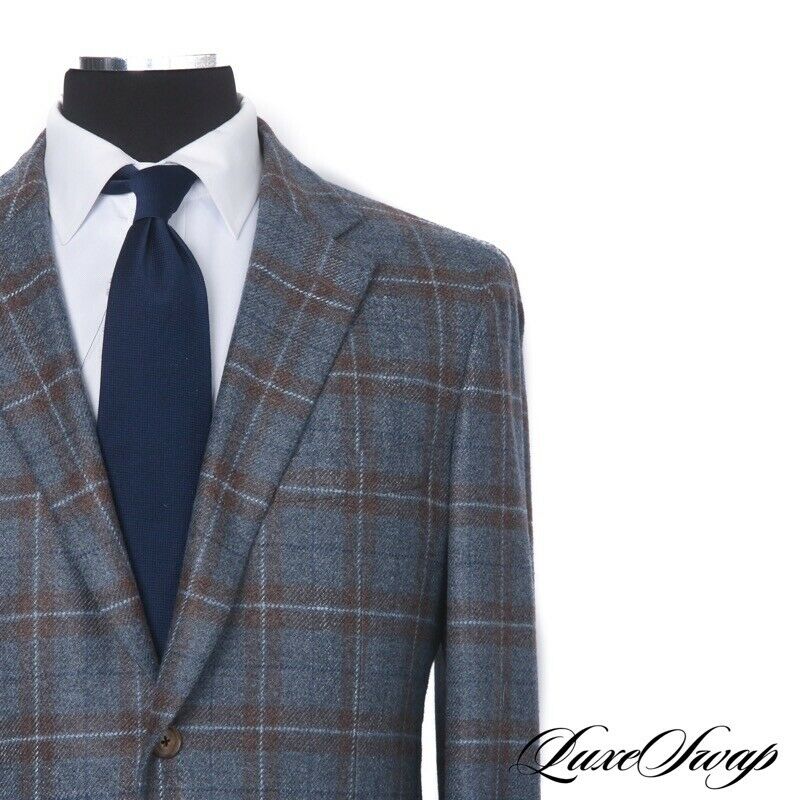
If you’re taking this time to clean out your closet, consider making a little money on the side. Our sponsor LuxeSwap is an eBay consignor for high-end clothing, shoes, and accessories. The system is pretty simple: you send them your unwanted clothes; they do all the hard work of listing things for you. That includes taking photos and measurements, putting up the listing, advertising the listing on their StyleForum thread, and shipping items out to customers. In return, they take a 40% cut of the profits, although you can lower than if you’re willing to take payment in the form of No Man Walks Alone store credit. Additionally, LuxeSwap will reimburse you for inbound shipping (they’ll cover 100% of the fees for inbound shipping within the United States and 50% for those abroad).
For those looking to add to their closet, check out this week’s listings. LuxeSwap has a bunch of things from Epaulet, including the brand’s popular trousers, as well as Drake’s accessories, Pringle Shetlands, a Spier & MacKay sport coat, a pair of shell cordovan Ralph Lauren loafers, and a cashmere Belvest sport coat (pictured above). Remember, to easily find the best of what they have, you can always do a search for “#1 Menswear.”
